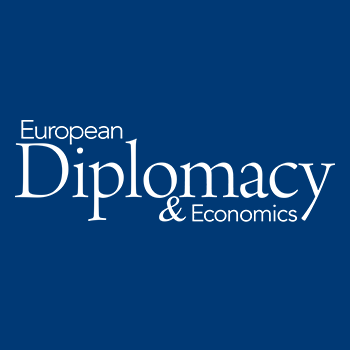The economic shock of 2022: Is the global economy at risk of stagflation?
Last year, many economists were expecting 2022 to be a period of strong economic rebound. Instead, stagflation is again on the cards. After the double shock of COVID-19 and the Russian invasion of Ukraine, inflation rates have exceeded expectations, while economic growth forecasts are rapidly deteriorating. Therefore the prospect of stagflation’s return strikes fear – because there are few monetary tools to address it.
But what is stagflation?



















